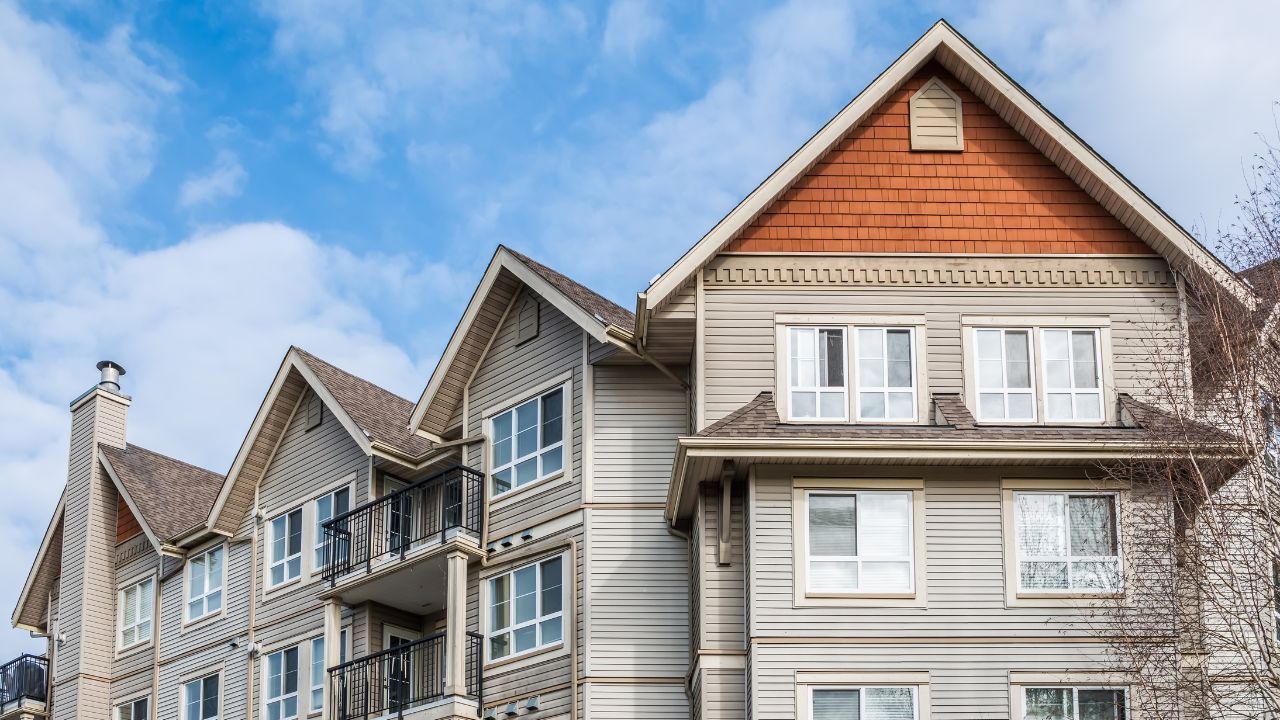Top 3 Recommended Commercial Policies
Index
Contact Us
Phone
Location
27100 Oakmead Drive, Suite #304 Perrysburg, OH 43551
Homeowners Associations (HOAs) play a crucial role in maintaining the quality and value of residential communities. In Ohio, as in many other states, HOAs are responsible for managing common areas, enforcing community rules, and ensuring a harmonious living environment. One of the essential aspects of managing an HOA is securing the right insurance coverage. HOA insurance protects the association, its board members, and the community from various risks and liabilities. This comprehensive guide explores everything you need to know about HOA insurance in Ohio, from understanding its components to selecting the right policy for your community.
Understanding HOA Insurance
What is HOA Insurance?
HOA insurance, also known as a master policy, is a type of insurance coverage designed to protect the common interests of a homeowners association. It typically covers shared property, liability risks, and certain legal responsibilities. This insurance is essential for safeguarding the financial stability of the HOA and ensuring that the community can recover from unforeseen events such as natural disasters, accidents, or lawsuits.
In Ohio, HOA insurance policies can vary significantly depending on the size and nature of the community. A well-structured policy will address the specific needs of the association, covering everything from physical structures to liability for injuries that occur on common property. Understanding the components of HOA insurance is crucial for board members and residents alike.
Key Components of HOA Insurance
HOA insurance typically includes several key components, each serving a distinct purpose. Property insurance covers the physical structures and common areas owned by the association, such as clubhouses, swimming pools, and landscaping. This component ensures that the community can repair or replace damaged property without imposing significant financial burdens on residents.
Liability insurance is another critical component, protecting the HOA from legal claims related to injuries or damages that occur on common property. This coverage is essential for mitigating the financial impact of lawsuits and ensuring that the association can continue to operate smoothly. Additionally, directors and officers (D&O) insurance protects board members from personal liability related to their decisions and actions while serving the community.
Finally, fidelity insurance, also known as crime insurance, protects the HOA from financial losses due to theft or fraud by board members or employees. This coverage is particularly important for associations with significant financial assets, ensuring that the community's funds are safeguarded against dishonest actions.

Selecting the Right HOA Insurance Policy
Assessing Your Community's Needs
The first step in selecting the right HOA insurance policy is assessing the specific needs of your community. This involves evaluating the types of common property and amenities your association manages, as well as the potential risks and liabilities associated with these assets. Consider factors such as the age and condition of buildings, the presence of recreational facilities, and the likelihood of natural disasters in your area.
Engaging with a knowledgeable insurance agent or broker can be invaluable during this process. They can help identify potential coverage gaps and recommend policies that align with your community's unique needs. Additionally, consulting with legal and financial advisors can provide further insights into the appropriate level of coverage for your HOA.
Comparing Insurance Providers
Once you have a clear understanding of your community's insurance needs, it's time to compare policies from different providers. Look for insurance companies with experience in the HOA sector and a strong reputation for customer service and claims handling. Request quotes from multiple insurers and carefully review the terms and conditions of each policy to ensure they meet your requirements.
Pay particular attention to the coverage limits, deductibles, and exclusions outlined in each policy. It's important to strike a balance between comprehensive coverage and affordability, ensuring that your HOA is adequately protected without overburdening residents with high premiums. Consider seeking recommendations from other HOAs in Ohio to identify trusted providers with a proven track record.
Reviewing and Updating Your Policy
Securing the right HOA insurance policy is not a one-time task. It's essential to regularly review and update your coverage to reflect changes in your community's needs and circumstances. Conduct annual reviews of your policy with your insurance provider, taking into account any new developments, renovations, or changes in the community's risk profile.
Additionally, keep abreast of changes in Ohio's insurance regulations and industry trends that may impact your coverage. Staying informed and proactive in managing your HOA's insurance needs will help ensure that your community remains protected against potential risks and liabilities.

Legal and Regulatory Considerations
Ohio's Insurance Requirements for HOAs
In Ohio, there are specific legal and regulatory requirements that HOAs must adhere to when it comes to insurance coverage. While state law does not mandate a specific type or amount of insurance, it does require HOAs to act in the best interest of the community and exercise due diligence in managing association affairs. This includes securing adequate insurance coverage to protect the association's assets and liabilities.
HOA board members have a fiduciary duty to act prudently and responsibly in managing the association's finances, which includes selecting appropriate insurance coverage. Failure to do so can result in legal consequences and financial losses for the community. Understanding Ohio's legal framework and working with experienced professionals can help ensure compliance and protect the association from potential liabilities.
Working with Legal and Insurance Professionals
Collaborating with legal and insurance professionals is crucial for navigating the complexities of HOA insurance in Ohio. An experienced attorney can provide guidance on the legal requirements and implications of insurance coverage, helping the board make informed decisions that align with the community's best interests.
Similarly, an insurance professional with expertise in HOA policies can assist in identifying coverage needs, comparing providers, and negotiating favorable terms. Building a strong relationship with these professionals can provide ongoing support and ensure that your HOA remains compliant with legal and regulatory requirements.
Conclusion
HOA insurance is a vital component of managing a successful homeowners association in Ohio. By understanding the key components of HOA insurance, assessing your community's needs, and working with experienced professionals, you can secure the right coverage to protect your association and its members. Regularly reviewing and updating your policy will help ensure that your community remains safeguarded against potential risks and liabilities, allowing residents to enjoy a safe and harmonious living environment.
Whether you're a board member or a resident, staying informed about HOA insurance is essential for maintaining the financial stability and well-being of your community. By taking a proactive approach to insurance management, you can contribute to the long-term success and sustainability of your homeowners association.




